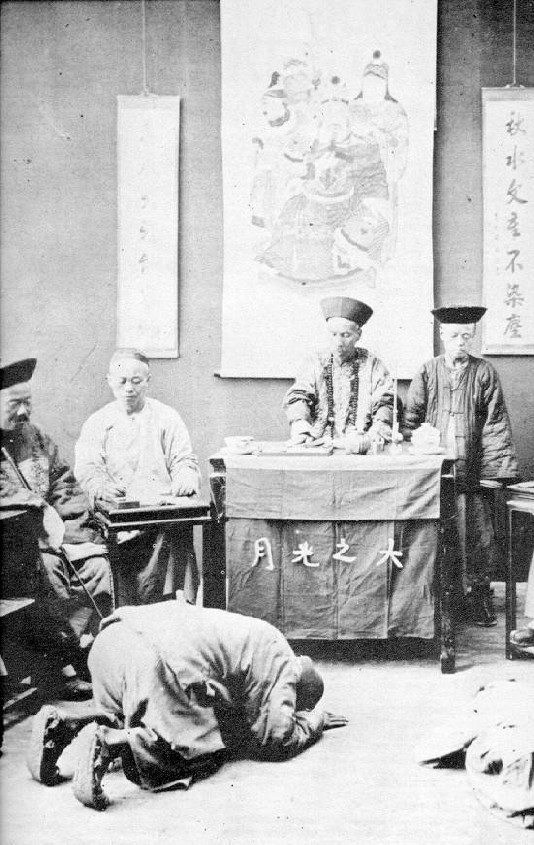I don’t mean to beat up on New Jersey. Really I don’t but this is just another case of New Jersey gun laws being a trap for the unwary.
Well-known gun rights attorney Evan Nappen has a post on his website entitled, “Why is the NJ State Police Allowing Prohibited Persons to Get Guns?” The post deals with a quirk in New Jersey law which states that if you didn’t receive your firearms back after a domestic violence allegation – that is an allegation and not a conviction – you have forfeited your gun rights forever in the state of New Jersey. According to Evan, the law has been on the books since 2004 but the New Jersey State Police still haven’t updated their forms for gun purchase permits. Moreover, the penalty for purchasing or possessing a firearm in such cases is five years in prison.
Have the NJ State Police failed to fix the forms to keep folks in the dark so that they don’t fight to get their guns returned? If people knew about this law many would NOT simply agree to have their seized guns sold to a dealer, transferred to a third party, or forfeited to the State. The prosecutors and the courts would have to do lot more hearings for gun returns. (Note: prosecutors and the judges are under no legal obligation tell the unsuspecting former gun owners that their gun rights will be lost by making such a deal with the State.)
No other state has such a law. However, it is the law in NJ. I do not support this law and I believe it should be repealed. Until it is repealed, many gun owners are failing to insist upon the return of their seized guns and prohibited persons are unknowingly acquiring guns. Maybe that is the plan all along.
The very thought of losing an enumerated right over an allegation is repugnant to me. I’m in the middle of a novel based in the USSR at the time of Stalin and this reeks of that era where a mere allegation was enough to send one to the gulag.


